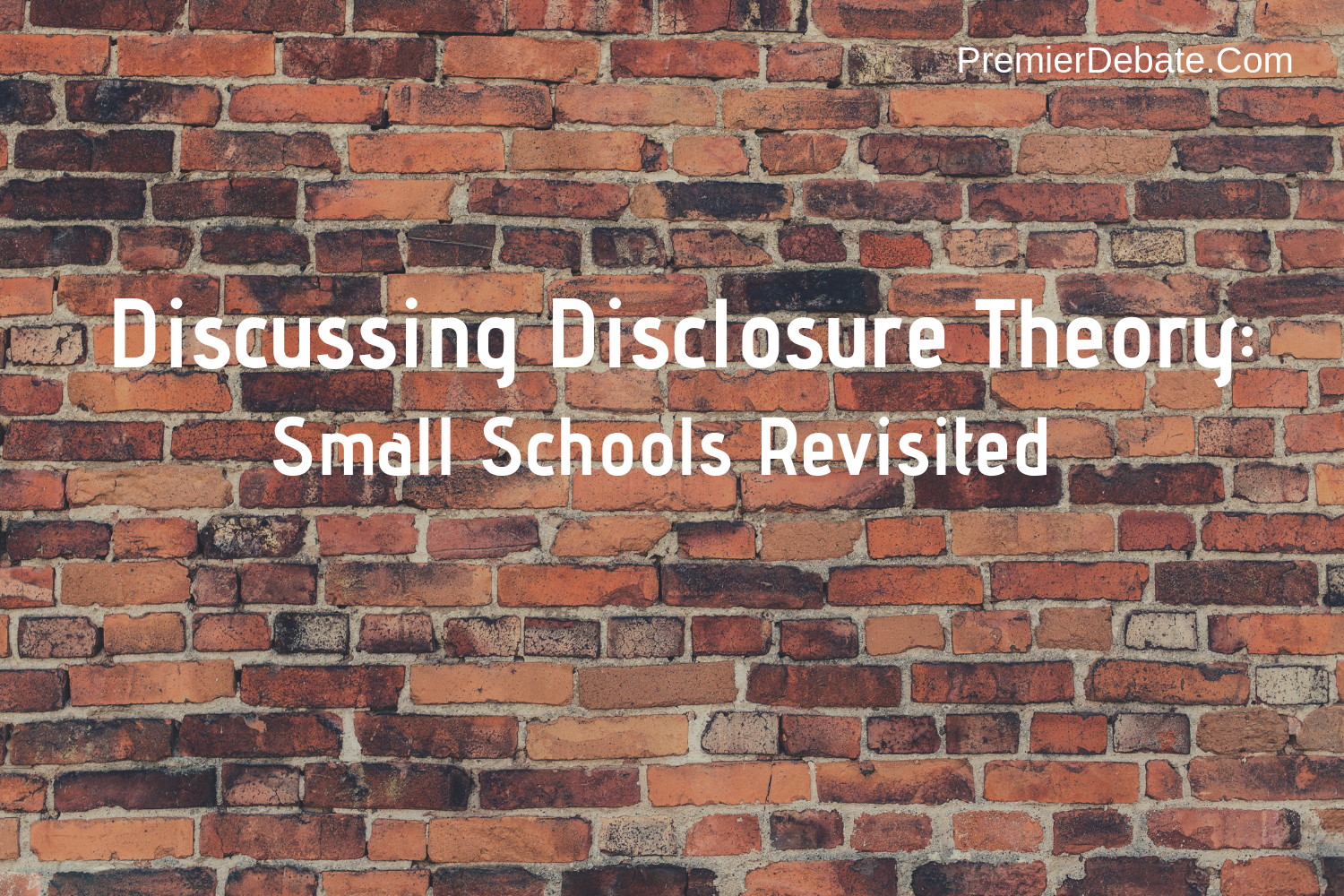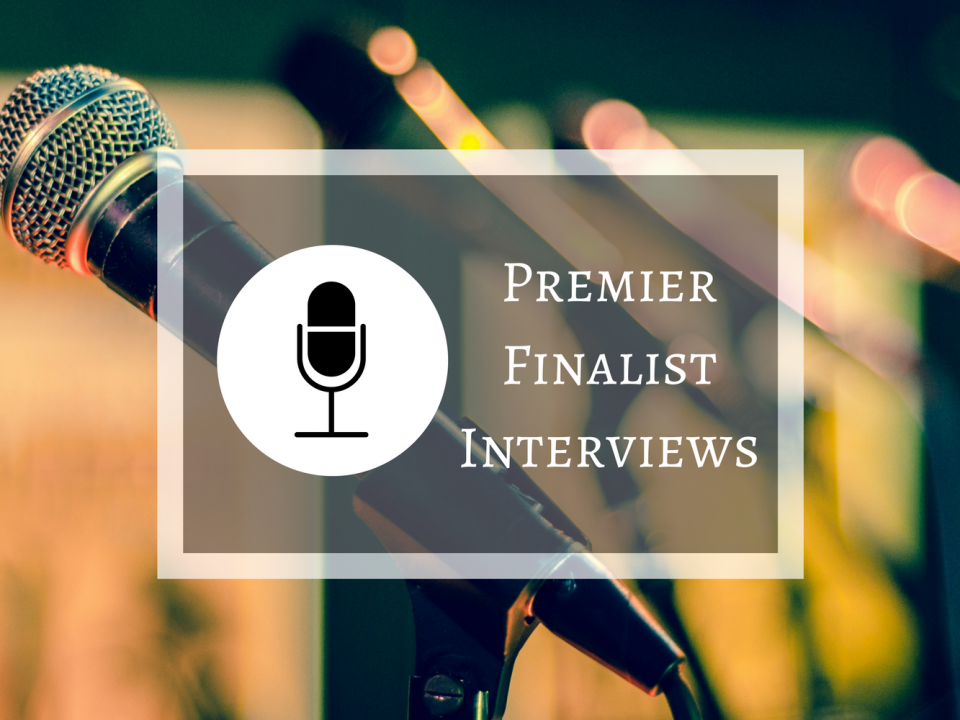Wolf Pack Part 1: Team Utah

We’re proud to begin a new series of articles called Wolf Pack. In it, we’ll hear the stories of debaters and coaches from disadvantaged schools across the country. The goal is to humanize and better understand how to help small school debaters whose struggles are often overlooked.
Recently, Utah has seen a well-targeted push towards circuit LD. Debaters from various schools across the state now affectionately refer to themselves as Team Utah. Harvard Westlake’s Steve Knell and Alta’s Liz Letak spearheaded this effort by organizing the Wasatch Mountain Debate (WMD) clinic and by fostering a sense of community for Utah debaters.
The following is a conversation with Liz Letak about her experiences and thoughts on Utah debate.
PDT: For those that don’t yet know you, would you mind introducing yourself?
Liz Letak: I debated for a catholic school in Minneapolis – Benilde – St. Margaret’s. I actually attended debate camp before the summer of my freshman year per the suggestion of my dad. My dad and mom actually met debating each other, by the way.
Benilde didn’t have a circuit team at the time. We had recently won NFL and CFL in the same year, but no one had ever gone to the TOC. So I walked into debate practice and announced that I would be going to the TOC before my debate career was over. My best friend Michael Fabiano, who is now an extremely successful opera singer, turned to me at the first practice and said, “what’s the TOC.” I only got one bid my sophomore year, but I qualified in FX for NFL and that motivated me. I qualified both my junior and senior year. Michael qualified his senior year.
I judged on and off in college. I went on to law school and moved to Denver, where my husband was living at the time. For some reason it didn’t occur to me to be involved there. It was when I moved to Utah and knew no one. I was consulting (still am) and had a super flexible schedule with free time, so I was thinking about things I could do that would be intellectually stimulating and good for the community. It was actually Michael Fabiano who said, you should go coach debate somewhere.
Michael and I talk a lot about the advantage that debate gave us. There is no way I would be in the position I’m in today career wise, human being wise, but for debate. The confidence and the skills debate gave me is what allowed me to become a consultant and not take a “traditional lawyer” path. I’ve felt indebted to the debate community for years because of that. So I started to coach here in Utah because I thought it would be a great opportunity to repay that debt. Plus, I still enjoy debate as an adult.
PDT: Could you describe the restrictions Utah debaters face?
Liz Letak: I think there are several “restraints” students face in Utah. One is ruled based passed by the state to govern high school activities. Students are only allowed to compete in 10 tournament total with the exception of Nationals and National Qualifiers (NSDA, NDCA, CFL).
Further, no one is allowed to debate until the first weekend of October. Any scrimmage or group activity arguably also counts as a “tournament.” As a result, the Utah kids lose 30 days of debating that the rest of the country is doing.
There is not only a lack of appreciation there is a attitude against debate. I’d say, more so than other places, people are anti-debate. I was approached by a neighboring school student and she basically told me that her parents didn’t want her to debate because “what’s the point.” They thought she was just going to grow up to be a wife anyway. And unfortunately that is not the only time i encountered that. I caught novices saying that about other people, “why do girls do debate. They are just here to have babies.”
We had a kid who decided not to do debate at the behest of his parents because “football would teach him more life lessons.” Utah is very, very pro-sports and debate is not taken seriously. And this is the case a lot of places, but it seems to be particularly bad here in Utah.
PDT: How optimistic are you that the attitude towards debate can change in Utah?
Liz Letak: Well I think it’s the norm and there is no one to stand up and say, “This isn’t ok.” I’ve become infamous for voicing my opinion at tournaments about things like this. It affects me too as a professional. While I’m married, I am a professional, working woman with a graduate degree,
I am a living example of “non-traditional” by Utah standards. I’m 30 and I don’t have kids and I too have struggled about living in Salt Lake City. My husband and I love it and the outdoors, but it comes at a price.
But, pursuant to all of this, it’s exactly why Utah needs circuit debate. Debate is the best example of grassroots and it has the power to change some of the oppression in Utah through education. Utah was missing a community and that’s what we want to establish – a sense that there is a team.
PDT: How did Team Utah form?
Liz Letak: Judge adaptation is nuts here, so it’s hard to actually have a conversation with kids at tournaments because there is so much pressure. Steve Knell and I went out of our way at Golden Desert and NDCA to start using the term “Team Utah” and asking kids from Utah to come sit with us. I actually came up with the idea for the clinic while Steve and I were at Golden Desert. And we started talking to the kids about the idea there.
PDT: How could the rest of the circuit community could help promote Utah debate?
Liz Letak: That’s a great question. I think there are a couple things.
1) When you debate someone from Utah or from somewhere that isn’t an established “debate institution,” don’t be a butt-head. It took me, as a 30 year old lawyer a while to adjust to the new debate rhetoric. I was extremely impressed with the level of intelligence at the clinic. Just because someone doesn’t know what you are doing – speaking fast, using jargon, doesn’t mean they are inferior. It means they haven’t had a chance to take the “circuit debate class,” which honestly reminds me a lot of my experience taking mandarin in college. Debaters need to be prepared to explain things in a down to earth manner. That doesn’t mean “dumb down your arguments.” It means treat your opponent as a human being who might not be as privileged as you have been to have circuit or debate camp experience.
2) Say hello. Strike up a conversation. Be inclusive.
PDT: What role does Alta play for Utah debate?
Liz Letak: Every debater I’ve judged and observed in Alta out rounds the last two years has been stellar. Unfortunately, I think there is a stigma associated with Utah. With that being said, we’re making several improvements to the tournament this year including the judging pool, the number of competitors, and some of the tournament logistics.The Utah circuit community is growing and they are hungry. The Alta debate program has seen a lot of transition over the past 4 years. I’m now entering my third year of coaching and the head admin – Mary Hulet is returning. Both of us are extremely passionate about debate. The ability to recruit sound judges and foster the best sense of competitiveness comes with immersion into the community. I’ve already started working on recruiting circuit judges for the tournament. Essentially what I’m saying is, Alta will only get better. The Utah circuit is getting better. The judge pool is getting better. And how we run the tournament is getting better.


